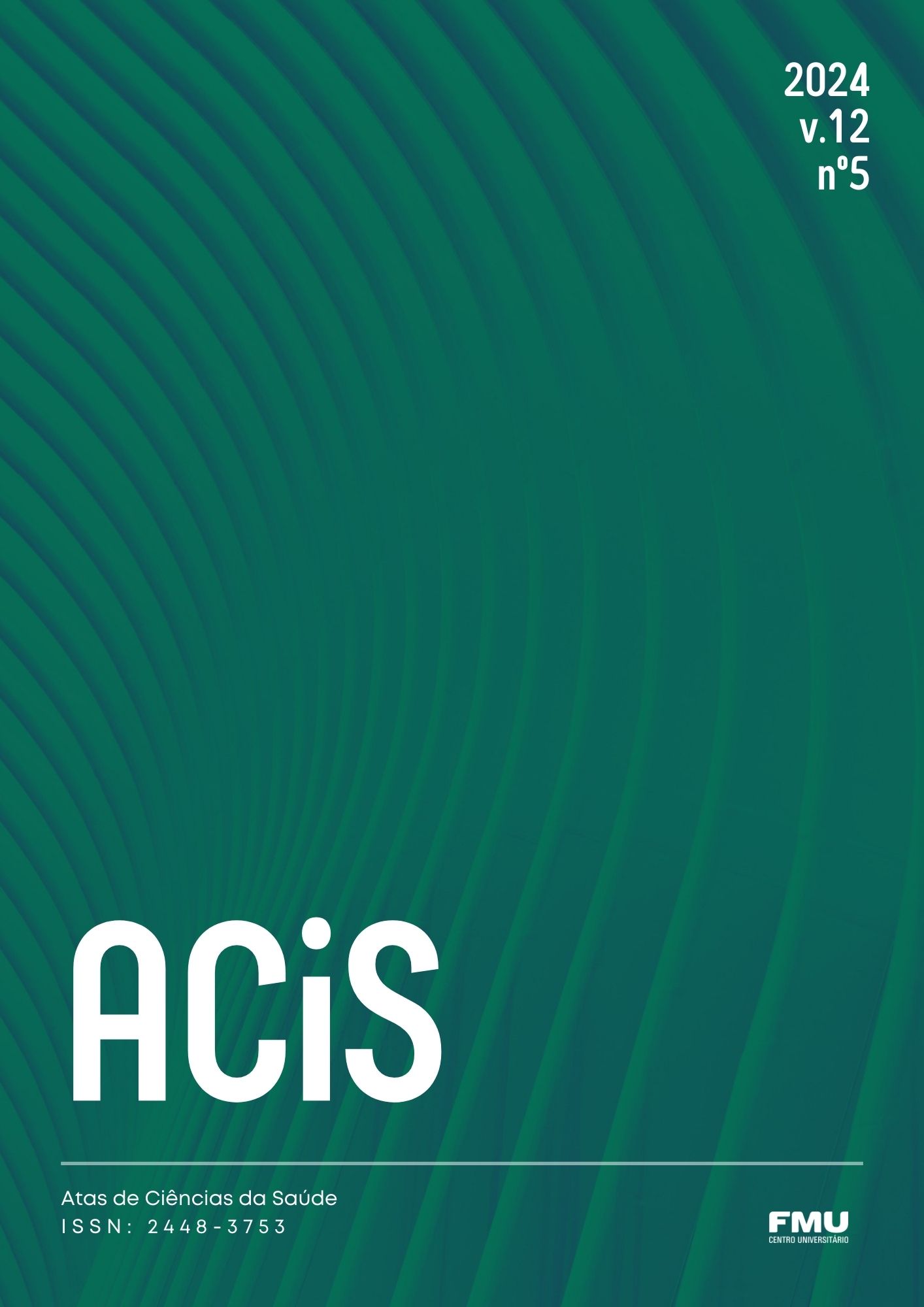Mental and emotional exhaustion of nursing professionals in the intensive care unit
Mental and emotional exhaustion of nursing professionals in the intensive care unit
Abstract
Currently, relevant data show an increase in the considerable rate of physical and psychological wear and tear among nursing professionals, which leads to an increase in turnover rate (staff turnover) and absenteeism (lateness and absence rate) in institutions, including leave due to physical and mental problems. This reflects a reality that is often overlooked by society: the neglect of the nursing team. Considering this current reality, this study aims to identify the main factors that affect mental health and lead to emotional exhaustion in nursing professionals. It is a basic research study with a descriptive approach, conducted through a bibliographical review, where literature related to the addressed problem was consulted to expose the main factors causing mental and emotional exhaustion in nursing professionals, evaluating both the social and environmental aspects, as well as the vulnerability experienced by these professionals in the course of their work. The evaluation revealed a high level of occupational stress among the nursing team in the Intensive Care Unit (ICU) sector, leading to conditions of emotional exhaustion and severe physical impairment, thereby compromising the safety of the professionals and the quality of care provided. Consequently, this results in an increased likelihood of mental disorders and musculoskeletal diseases, reflecting in higher rates of absences and, ultimately, the permanent inability to practice nursing within society.
Descriptors: professional burnout, mental health, intensive care units
Published
Issue
Section
License
Copyright (c) 2024 Renata Almeida Ribeiro; Leila Frayman

This work is licensed under a Creative Commons Attribution-NonCommercial 4.0 International License.
Autores que publicam nesta revista concordam com os seguintes termos:
- Autores mantém os direitos autorais e concedem à revista o direito de primeira publicação, com o trabalho simultaneamente licenciado sob a Licença Creative Commons Attribution que permite o compartilhamento do trabalho com reconhecimento da autoria e publicação inicial nesta revista.
- Autores têm autorização para assumir contratos adicionais separadamente, para distribuição não-exclusiva da versão do trabalho publicada nesta revista (ex.: publicar em repositório institucional ou como capítulo de livro), com reconhecimento de autoria e publicação inicial nesta revista.
- Autores têm permissão e são estimulados a publicar e distribuir seu trabalho online (ex.: em repositórios institucionais ou na sua página pessoal) a qualquer ponto antes ou durante o processo editorial, já que isso pode gerar alterações produtivas, bem como aumentar o impacto e a citação do trabalho publicado (Veja O Efeito do Acesso Livre).





